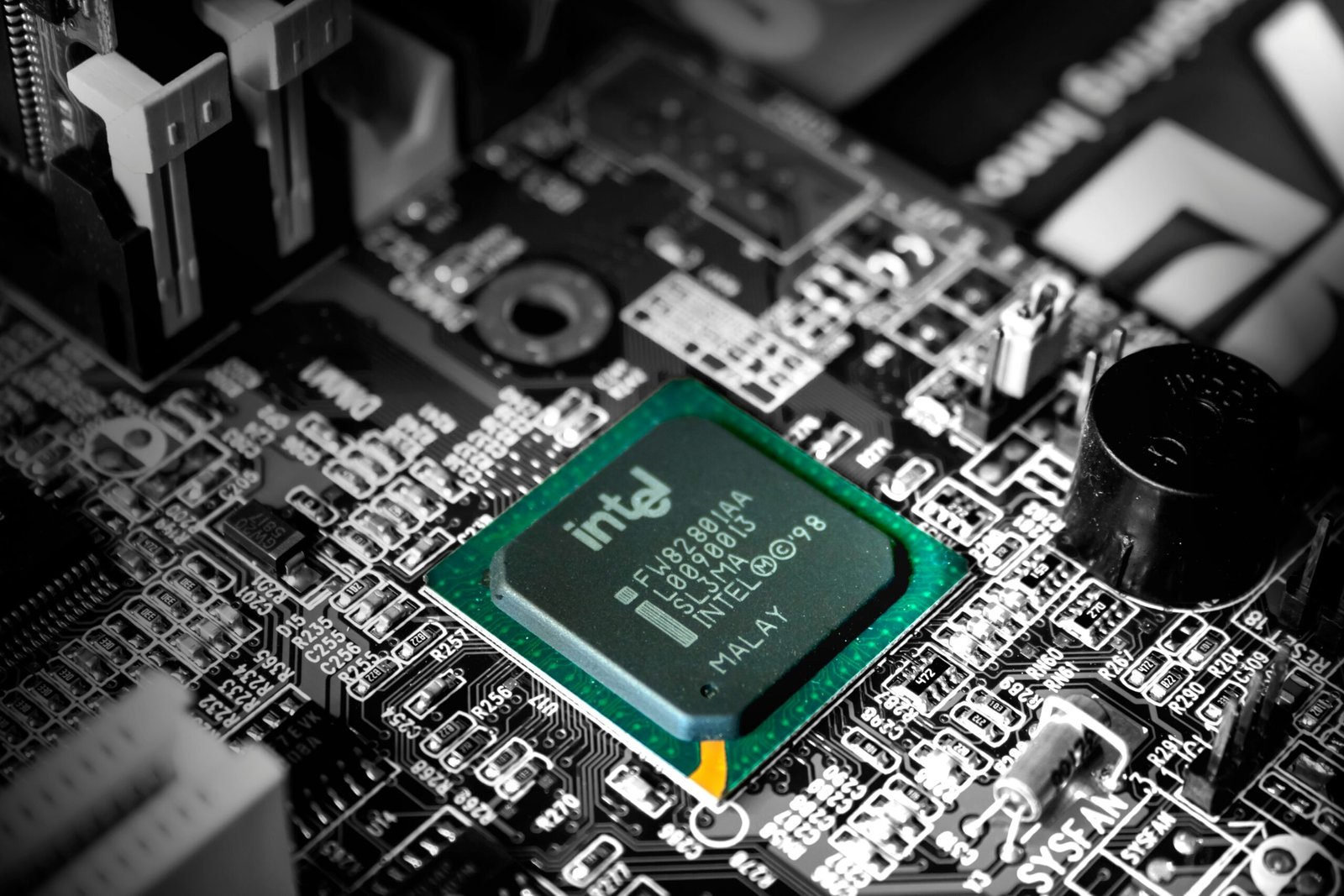Introduction
The integration of artificial intelligence (AI) into software development is heralding a transformative era characterized by enhanced efficiencies, innovative solutions, and improved capabilities. As software systems have become increasingly complex, developers face numerous challenges, such as bug detection, resource allocation, and maintaining software quality under tight deadlines. Traditional development practices often struggle to keep pace with the rapid advancements in technology and user expectations. In this landscape, AI emerges as a powerful tool to bridge the gap between expectation and reality in software development.
AI technologies are rapidly evolving, offering capabilities such as predictive analytics, natural language processing, and automated code generation. These advancements enable developers to streamline their workflow, enhance collaboration, and make informed decisions based on data-driven insights. By automating repetitive tasks, AI allows developers to focus on creative and strategic aspects of their projects, thereby improving overall productivity and innovation.
Emerging trends in the realm of AI include machine learning algorithms that can analyze vast quantities of code to identify patterns and predict potential errors before deployment. Additionally, AI-driven tools are being developed to facilitate better communication between developers and non-technical stakeholders, ensuring that the project aligns more closely with business needs. As we look to the future, understanding these trends will be essential for developers who wish to leverage AI technology effectively in their projects.
The upcoming sections of this article will delve deeper into specific trends and innovations in AI that are set to influence software development practices significantly. By examining these trends, readers will gain insights into the future of AI in the industry and how it will shape the way developers approach their craft.
Current Trends in AI Integration
In recent years, the integration of artificial intelligence (AI) into software development processes has gained significant momentum. Companies are increasingly recognizing the potential of AI-driven tools to enhance productivity and streamline operations. These tools cover a wide range of functions, including code generation, automated testing, and project management, demonstrating a transformative impact on the software development lifecycle.
One notable trend is the use of AI-based code generation tools, which assist developers in writing code more efficiently. For instance, tools like GitHub Copilot employ machine learning algorithms to suggest completions and snippets based on the context of the code being written. This not only accelerates the coding process but also helps in minimizing errors, as the AI can analyze vast amounts of existing code to make recommendations that adhere to best practices.
Automated testing is another area where AI integration is proving highly beneficial. Testing frameworks powered by AI can analyze previous test results to predict potential weaknesses in new builds. This predictive capability allows for more thorough testing, thus reducing the likelihood of post-deployment bugs significantly. Companies that have implemented AI-driven testing solutions report faster testing cycles and higher quality releases, which enhance overall customer satisfaction.
Moreover, project management tools that leverage AI capabilities are transforming how teams collaborate and manage resources. For example, AI algorithms can analyze team productivity patterns, anticipating project timelines and helping to allocate resources optimally. Case studies of organizations adopting these AI tools illustrate not only increased efficiency but also substantial cost savings. Research indicates that companies utilizing AI in their development practices have experienced up to a 30% increase in productivity.
These advancements are not merely theoretical; they are real-world applications that showcase the significant advantages of AI integration within software development. By continually evolving and adapting to these technologies, developers, and organizations can harness the full potential of AI to drive innovation and enhance their processes.
Predictive Analytics and Machine Learning
As the landscape of software development continues to evolve, one of the most significant advancements shaping its future is the integration of predictive analytics and machine learning. These technologies are revolutionizing how software projects are conceived, managed, and executed, demonstrating profound potential in enhancing decision-making and optimizing resource allocation. By analyzing historical data, machine learning algorithms can identify patterns and trends, providing developers with insights that inform their decisions and streamline workflows.
One notable application of predictive analytics in software development is in the realm of project management. Tools that leverage machine learning can predict project timelines with increased accuracy, enabling teams to set realistic goals and manage stakeholder expectations more effectively. For instance, a research study conducted by the software analytics firm, Forrester, found that organizations utilizing predictive analytics reported a 20% improvement in timeline adherence. This not only fosters trust among clients but also enhances overall project delivery.
Beyond project timelines, predictive analytics empowers software developers to identify potential risks early in the development cycle. Machine learning algorithms can analyze codebases and highlight areas of code that are prone to defects or complexities, allowing developers to allocate resources strategically to mitigate these issues. A prime example includes Facebook’s use of machine learning models to improve code quality and predict bugs before proceeding with software releases, leading to significant reductions in post-release issues.
Moreover, the ability to optimize resource allocation through predictive insights effectively enhances developer productivity. By assessing the performance of various developmental approaches, teams can adjust strategies in real-time, ensuring that effort is directed toward the most effective solutions. As evidenced by various industry case studies, organizations using machine learning have reported an increase in software quality, demonstrating the impactful role predictive analytics plays in shaping a more efficient future for software development.
The Impact of AI on Coding and Development Roles
The integration of artificial intelligence (AI) into software development processes has notably transformed coding practices and broadened the scope of developer roles. As organizations incorporate AI technologies, the traditional functions of programmers may undergo significant modifications. Automation tools enhance coding efficiency by facilitating code generation and error detection, allowing developers to redirect their focus from routine programming tasks to more complex problem-solving and system architecture challenges. This shift represents a strategic advantage, promoting innovation and accelerating delivery timelines.
Furthermore, the rise of AI in software development is likely to foster the emergence of new job positions tailored to manage and enhance AI capabilities. Roles such as AI ethics consultants, AI trainers, and automated testing specialists are becoming increasingly relevant. Developers will need to familiarize themselves with AI frameworks and machine learning models, which are becoming essential components of modern programming environments. Continuous education in these areas will enable developers to align with the evolving demands of the industry.
For developers aiming to thrive in an AI-driven ecosystem, adapting to these changes is crucial. Essential skills will include proficiency in data science and machine learning, as well as the ability to leverage AI tools to streamline development tasks. Furthermore, developers should cultivate soft skills such as collaboration, critical thinking, and adaptability to work effectively alongside AI systems and in agile teams.
Organizations should encourage a culture of lifelong learning, where professional development resources are readily available. By investing in training programs focused on AI technologies, companies can prepare their teams for the future landscape of software development. This proactive approach not only enhances employee efficiency but also positions organizations at the forefront of innovation in an increasingly competitive digital marketplace.




